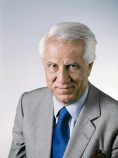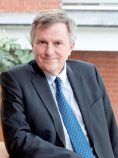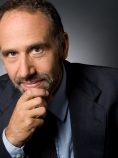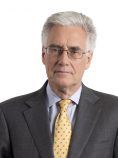7 Jul 2017
Have We Run Out Of Economic Policies?
Session 4
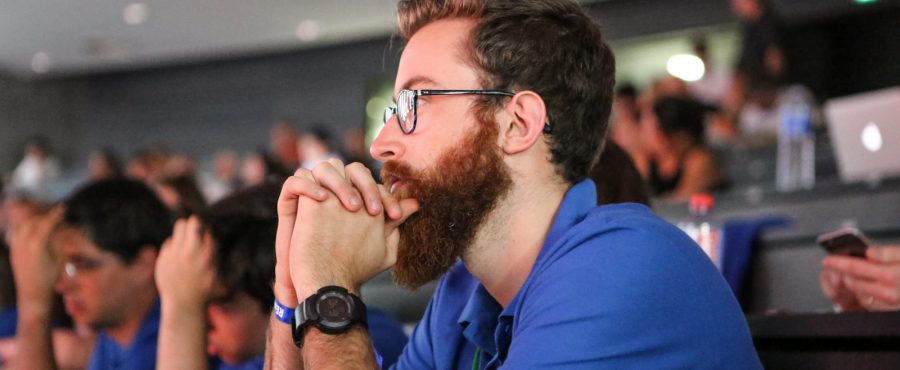
When he was questioned about unemployment, François Mitterrand had answered by acknowledging that he was powerless: “I can only say that we have tried everything.” This was on July 14, 1993. At that time the unemployment rate was already at 9.5%. Currently it is over 10% in France while, in the Euro area, it is decreasing to 9.5% vs a peak of 12.1% reached during the 2013 Euro crisis.
The question raised implicitly the achievement of the objectives of economic policy. What are these objectives? Obviously full employment is the primary objective. This can only be achieved if there is enough growth, as growth is the basis of full employment and lack of growth is one of the factors of unemployment. Growth itself is dependent on innovation, technology, education and training. It is by assessing the achievement in these areas that one should assess the efficacy of economic policies. Growth is one of the phases in the economic cycle. Economic policies, both monetary and budgetary, aim to guide the economic cycle and stimulate growth while avoiding or mitigating recessions. How can we simultaneously stimulate growth and avoid recession? Or else, how can economic policies simultaneously increase the mean and mitigate the variance of the growth rate? One way to do this is to strengthen financial stability. Another objective of economic policy is to reduce inequality which generates outcasts whose existence produces a climate of discomfort and mistrust, which is harmful for growth. Finally, the cultural context also plays a role in some of the choices of economic policy, although some of these choices are immediately rejected because they are viewed as ultraliberalism.
Contributions
There is no Shortage of Economic Policies, Just Creative People in Policymaking Positions – Dean BAKER
